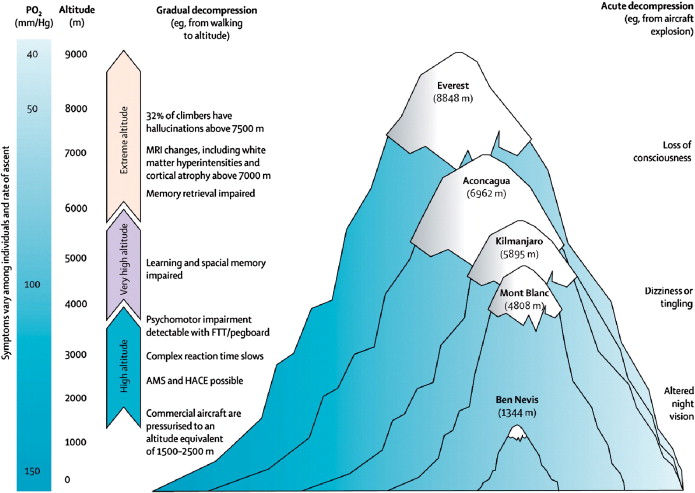Acclimatisation: Adapting the Body for Better Health and Performance with Physio360.
- PHYSIO 360

- Oct 3
- 3 min read

INTRODUCTION;
When the human body is exposed to a new environment, whether it’s high altitude, extreme cold, tropical heat, or even a new exercise routine, it needs time to adjust. This natural process of adaptation is known as acclimatisation. At Physio360, we emphasise the importance of acclimatisation in rehabilitation, sports performance, and overall health.
What is Acclimatisation?
Acclimatisation refers to the body’s gradual adjustment to environmental changes such as:
Temperature (hot or cold climate)
Altitude (low oxygen availability in mountains)
Humidity levels
New training loads or physical stress
The process helps maintain homeostasis, ensuring that the body continues to function efficiently even under new conditions.
Why Acclimatisation is Important.
Prevents Injury – Sudden exposure to new conditions can lead to fatigue, cramps, dehydration, or altitude sickness. Gradual acclimatisation minimises risks.
Enhances Performance – Athletes and fitness enthusiasts benefit from improved endurance, lung capacity, and oxygen efficiency.
Supports Rehabilitation – At Physio360, acclimatisation principles are used in recovery programs to help patients adapt safely to increased activity after injury or surgery.
Improves Cardiovascular Function – Adjusting to new climates or workloads enhances heart and lung efficiency.
Mental Well-being – Acclimatisation not only improves physical performance but also reduces stress and anxiety related to environmental challenges.
Acclimatisation in Physiotherapy at Physio360
At Physio360, we integrate acclimatisation strategies into rehabilitation and training programs:
Gradual Exposure Therapy
Patients recovering from surgery or injury are slowly introduced to increased movement and load.
Altitude Training Techniques
For athletes, simulated altitude exercises are used to improve oxygen uptake and stamina.
Heat and Cold Conditioning
Controlled temperature therapies are applied for injury recovery and to build tolerance.
Breathing Exercises
To enhance lung function and improve adaptation to low-oxygen environments.
Hydration and Nutritional Guidance
Ensuring the body adjusts with proper fuel and recovery strategies.
Acclimatisation to Different Conditions.
High Altitude – Increased red blood cell production helps transport more oxygen.
Hot Climate – Improved sweating mechanism and better fluid balance.
Cold Climate – Enhanced metabolism and improved muscle efficiency to generate heat.
Exercise Acclimatisation – Progressive training loads prevent overtraining and injuries.
Tips from Physio360 for Better Acclimatisation
Increase exposure gradually (don’t rush adaptation).
Stay hydrated and eat nutrient-rich foods.
Include stretching and breathing exercises.
Listen to your body—rest if you feel dizzy, weak, or excessively fatigued.
Use physiotherapy-guided recovery techniques to speed up safe adaptation.

Why Choose Physio360 for Acclimatisation Support?
Expert physiotherapists trained in sports and rehabilitation.
Customised programs for athletes, post-surgical patients, and fitness enthusiasts.
Modern equipment and evidence-based techniques.
Focus on long-term health, performance, and injury prevention.
Conclusion.
Acclimatisation is not just for athletes or adventurers—it’s an essential process for anyone adapting to new physical challenges, climates, or rehabilitation routines. At Physio360, we guide patients and athletes through safe, effective acclimatisation strategies that boost endurance, prevent injury, and enhance recovery.
👉 If you’re preparing for a new fitness journey, recovering from an injury, or moving into a different climate, visit Physio360 in Chennai for expert physiotherapy care that helps your body adapt the right way.
REFERENCE AND RESEARCH ARTICLE ;
1.Adaptations and mechanisms of human heat acclimation: Applications for competitive athletes and sports sportshttps://pubmed.ncbi.nlm.nih.gov/25943654/.
2.Integrated effects of cold acclimation: physiological mechanisms, psychological adaptations, and potential applicationshttps://www.researchgate.net/publication/393727922_Integrated_effects_of_cold_acclimation_physiological_mechanisms_psychological_adaptations_and_potential_applications.




Comments